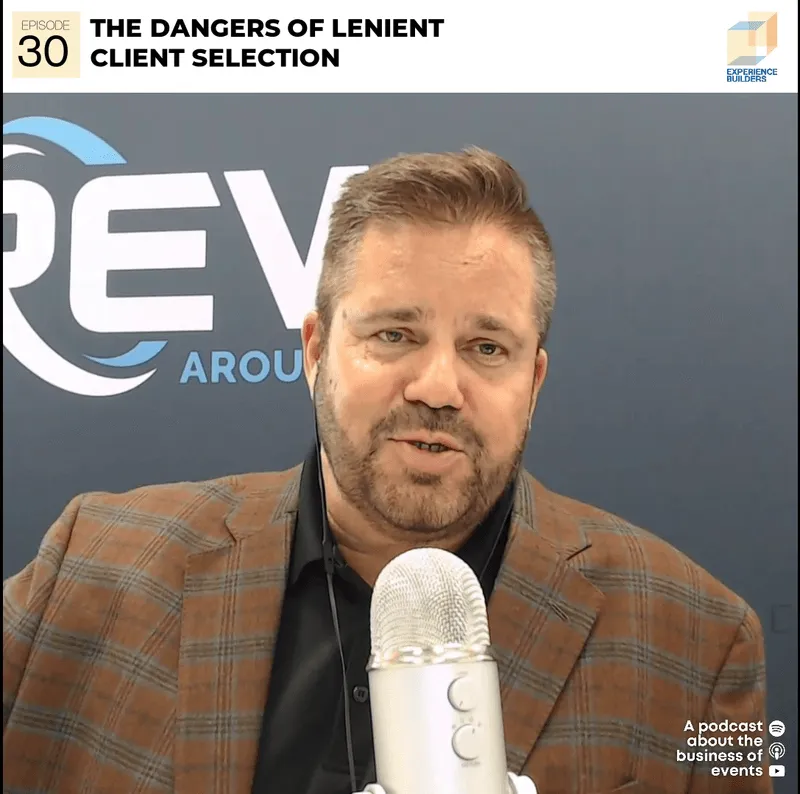During the Veterans Day holiday, I was reminded of stories my grandmother used to tell me about conservation efforts during WWII. I listened, riveted, as she described how she and her sisters drew fine lines up the backs of their legs with eye brow pencils to imitate nylon stockings because nylon was a rationed resource, and how scrap iron and steel were collected to build items like the munitions she helped to assemble in a wartime factory.
Many of the measures we are currently employing to create a more carbon-neutral society were in full swing during the war years, like carpooling, recycling of metals and rubber, and conservation of gasoline and fuel oil.
While our ability to successfully reprocess many of the materials collected during the war years was minimal, America’s heart was certainly in the right place. For many today, recycling and conservation have become a nuisance. Perhaps we should again look at these activities as a call to grassroots patriotism.
So in light of Veterans Day and this nostalgic glimpse back at the greatest generation, I wondered what modern politicos might be up to when they get together to promote their visions of the ideal American society. I also wondered whether or not their visions were green, and whether or not Americans are as concerned about environmental issues as they were a few years ago.
I decided to start by snooping into what the major parties have been up to when planning their conventions. It seems to me that green themes have lost momentum during the current political cycle, in spite of rising fuel prices, increasing cost of consumer goods and the need to create domestic jobs.
I found a lot of references to major efforts at greening conventions on both sides of the political fence during the recent past. For instance, the GOP convention hosted in St. Paul, Minn., back in September 2008, was reputed to be “the greenest convention in GOP history,” according to Joanna Burgos, convention press secretary.
The convention provided a thousand bicycles for attendees to use as transport in the Twin Cities. General Motors provided 325 flex-fuel and hybrid vehicles for staffers. Great efforts were made to recover recyclable materials.
I was, admittedly, a bit shocked to find the McCain camp vending “eco-friendly items” like hats, t-shirts and coffee mugs for their campaign.
Not to be outdone, Democrats employed similar strategies that year in Denver, Colo. Dems also encouraged their attendees to make eco-friendly travel arrangements to the convention. The host city launched an online carbon calculator so that event planners and delegates could track their carbon emissions, and featured the first ever wooden, biodegradable key cards for use in Denver hotels.
Texas Democrats took their cue from the Denver convention and modeled the DNC’s example at their 2010 convention. More than 50 percent of the American Bank Center venue in Corpus Christi is naturally lit, reducing the use of electricity. Delegate tote bags were made of unbleached, organic cotton, and leftover food was composted and donated to the South Texas Botanical Gardens & Nature Center.
However, my research reflected fewer green references relating to current convention planning. The 2012 GOP convention will meet in Tampa, Fla., in August, and the DNC will meet in Charlotte, NC in September. It is certainly not too early for planners to be making their green strategies known to the rest of the country. Hopefully, these convention cities will show their patriotism by helping to offset the environmental impact of these large events.
I was delighted to find a nonprofit organization called Veterans Green Jobs located in Denver, Colo., which hosted its second annual Veterans Day Breakfast on November 11. The organization’s mission is “to engage, transition and connect military veterans with meaningful employment opportunities that serve our communities and environment.” Veterans Green Jobs helps “veterans find career opportunities in stable economic sectors related to energy efficiency and energy conservation; clean and renewable energy; natural resource conservation; environmental restoration; and other sustainability sectors.”
I think that patriotism includes taking care of this great country that we have the privilege of living in. The conservation efforts of this and other industries ensure that we will leave a strong America to the next generation.
Green tip for December:
Veterans Green Jobs is also part of a collaborative effort called Veterans Green Corps. The Corps works with national agencies like the BLM to preserve our public lands. Think about how your organization might make a contribution toward funding these organizations or how you might employ local veterans in green-related projects. www.veteransgreenjobs.org































